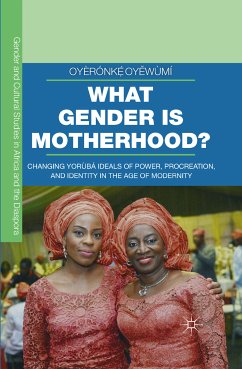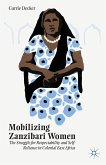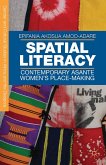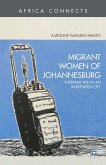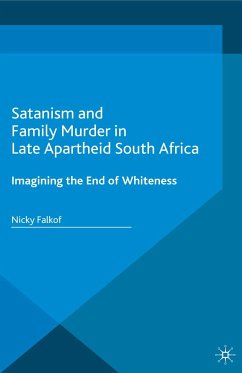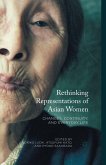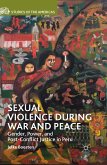In this book, Oyewùmí extends her path-breaking thesis that in Yorùbá society, construction of gender is a colonial development since the culture exhibited no gender divisions in its original form. Taking seriously indigenous modes and categories of knowledge, she applies her finding of a non-gendered ontology to the social institutions of Ifá, motherhood, marriage, family and naming practices. Oyewùmí insists that contemporary assertions of male dominance must be understood, in part, as the work of local intellectuals who took marching orders from Euro/American mentors and colleagues. In exposing the depth of the coloniality of power, Oyewùmí challenges us to look at the worlds we inhabit, anew.
Dieser Download kann aus rechtlichen Gründen nur mit Rechnungsadresse in A, B, BG, CY, CZ, D, DK, EW, E, FIN, F, GR, HR, H, IRL, I, LT, L, LR, M, NL, PL, P, R, S, SLO, SK ausgeliefert werden.
Hinweis: Dieser Artikel kann nur an eine deutsche Lieferadresse ausgeliefert werden.

